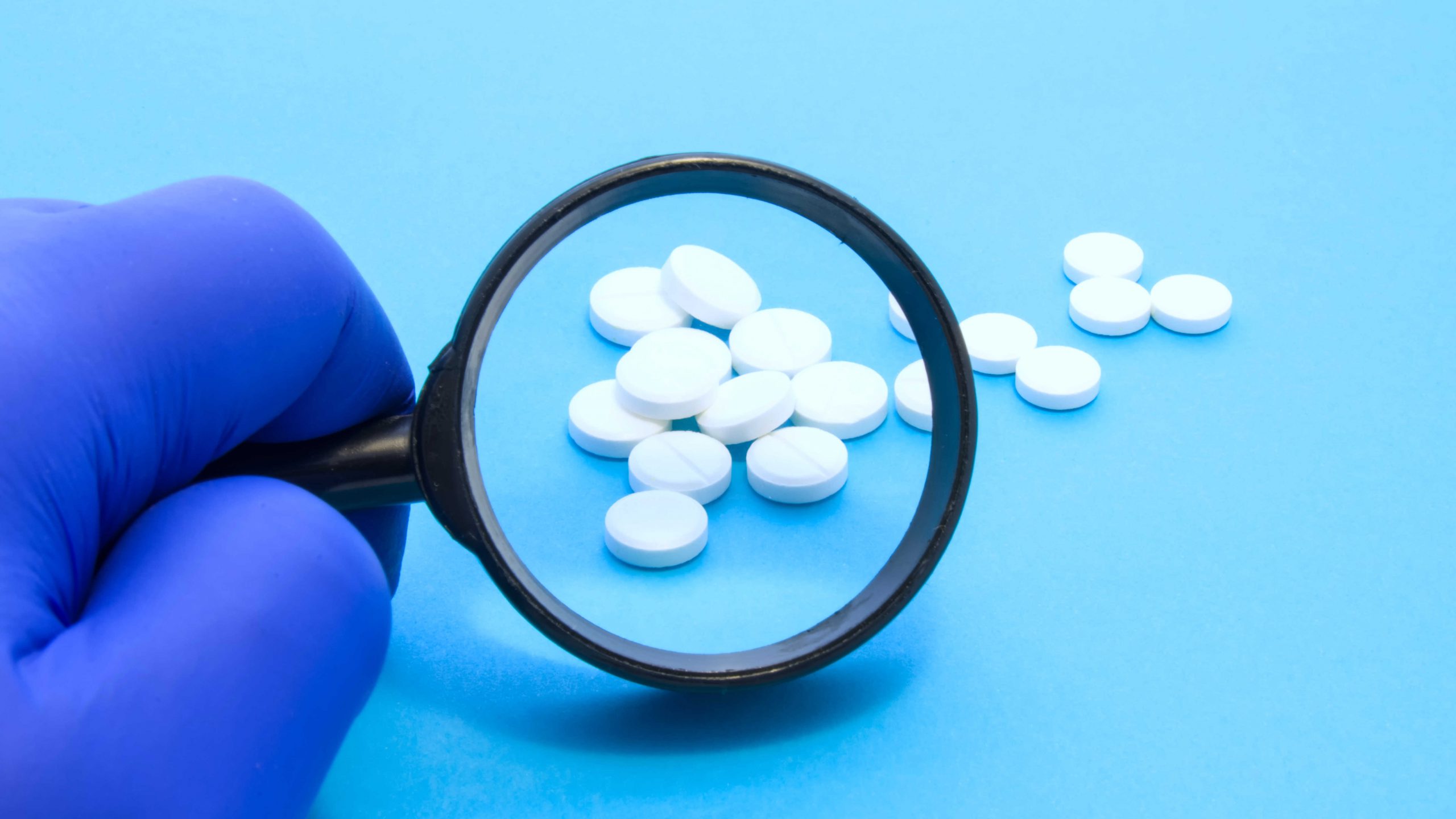The health emergency caused by Covid-19 has put a strain on health professionals and pharmaceutical companies. The growing demand for drugs and their off-label use has also had an impact on pharmacovigilance. Here is how some of the main actors dealt with it.
These of the health emergency were difficult months. Pharmaceutical companies have undergone a sharp increase in the demand for drugs, used in off-label use by health professionals and AIFA, for its part, has had to speed up the bureaucratic processes to cope with the ever-increasing arrival of reports of adverse events.
This was discussed at the webinar organized by the AFI symposium, which was attended by Dr. Laura Sottosanti of AIFA, Dr. Romina Tulimiero of Assogenerici, Dr. Alessandra Musumeci of Biogen Italia and Dr. Daria Rasà di Alfasigma to share their experience.
In AIFA the complications start very early, when a first obstacle is the timely insertion of the new Covid-19 terms into the MedDRA dictionary, without which it was impossible to search for reports in the regulatory databases, but the real difficulties come when, in an attempt to find a remedy for the more serious effects of the Coronavirus, the administration of Off Label drugs is greatly increased, consequently increasing the cases, which AIFA unloaded every two days. All reports were monitored, and Italian ones were compared with international ones: the Italian cases came mostly from the use of hydroxychlorichin associated with azotromycin, Lopinavir/Ritonavir and other drugs used to fight the virus. The 55% of the cases were from observational studies or from compassionate use, but with little clinical relevance, for example the majority of those coming from the use of hydroxychlorichina had gastro-intestinal disorders as a reaction; very few cases reported serious reactions. On the other hand, there have been numerous reports to inform of the improvement of the patient’s clinical condition in the face of a given treatment. A different scenario for the rest of Europe, on the other hand, whose reports were 89% spontaneous and mostly related to serious events, useful for confirming the small signs that appeared nationwide.
The evaluation of these reports was not easy: they were all from post-marketing and without the possibility of comparison with previous data; many had no details and even the description of the adverse reaction was missing and given the emergency in progress, it was difficult to obtain follow-up from health professionals; moreover, in several reports there were multiple competing drugs making a clear evaluation difficult.
Pharmaceutical companies also had their difficulties: their drugs were used to fight coronavirus without having reliable data. They were employed in compassionate use and for several of them it was necessary to open the expanded access. AIFA has created a special section on its website to clarify the reasons why a particular drug could be useful and what the possible side effects would have been. Being employed in Off Label use there was no need to submit in Eudravigilance, but they were still registered.
AIFA and the pharmaceutical companies are in common agreement in stating that for the future it will be necessary to work on the quality of the reports and related information, on post marketing surveillance, also in view of the covid vaccine19, and on a faster search for the signal.







